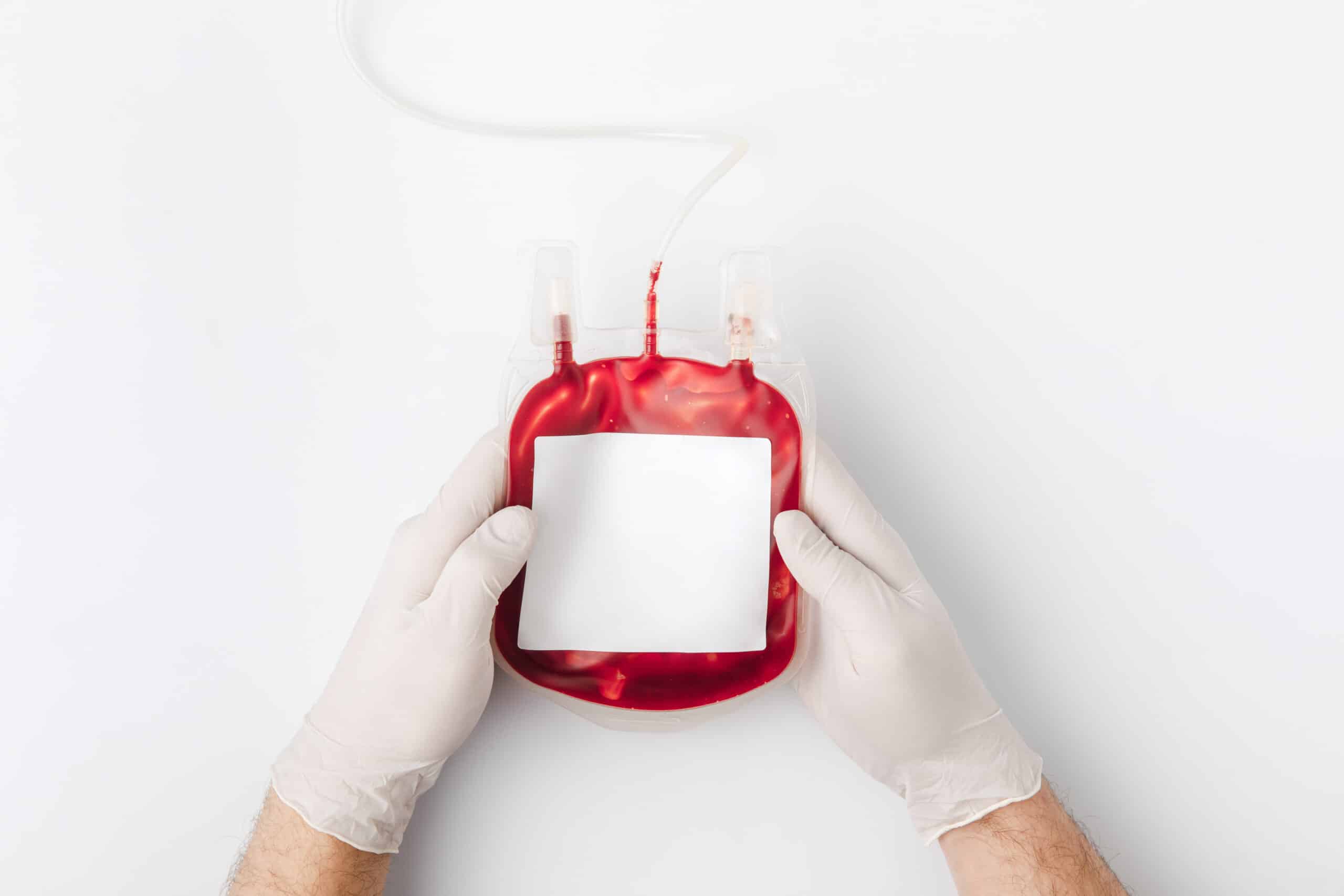In a typical year, more than 13.6 million units are donated. Since 36,000 units of blood are needed every day, that allows for some reserve. In the past year and a half, however, donations have fallen well short of what is needed.
If you are concerned about making a blood donation while the COVID pandemic continues, you don’t need to worry as long as you meet eligibility requirements. In most cases, you can still donate if you are fully vaccinated against the coronavirus known as SARS-CoV-2 or COVID-19.
According to the National Institute of Health, blood donations are safe under the current COVID-19 screening guidelines.
If You Are Fully Vaccinated Against COVID
If you are fully vaccinated again (have received both doses), FDA blood eligibility guidelines will apply. Under current recommendations, here is the information you need to know.
If you receive the COVID-19 vaccine, you will be required to provide the name of the vaccine manufacturer as different rules apply. In most cases, there will be no additional waiting time based on which vaccine you are given as long as you are free of COVID symptoms and not ill at the time you want to donate blood.
There is no deferral time for donating blood for inactivated or RNA-based COVID vaccines manufactured by:
- Moderna
- Pfizer
- AstraZeneca
- Novavax
- Janssen/J&J
Blood donors that are eligible to donate must wait at least two weeks after vaccination for those who received a live-attenuated COVID vaccine or do not know which vaccine they were given.
Donation Eligibility
If you want to donate blood, you should check for eligibility requirements at the donation site. Here are the most common eligibility requirements for donating.
- Donors must be 16 years or older. Those aged 16 to 17 would need a signed permission form from parents or guardians.
- You should weigh at least 110 pounds. If you are younger than 22, there may be additional height and weight criteria.
- You should be in good health with no recent illnesses.
- Donors will need to bring ID and proof of COVID vaccination if applicable.
- You cannot donate blood in most cases more frequently than every eight weeks.
- You cannot donate blood if you are currently under the influence of alcohol or recreational drugs.
Donors will not be tested for COVID-19, so these conditions may also apply. You should not donate if, in the last two weeks, you have:
- COVID-19 symptoms, unless you have tested negative by a qualified lab or medical provider
- Being in close contact or living with someone that has a confirmed or suspected case of coronavirus
- Taken a COVID-19 test and are waiting for the results.
There may also be state guidelines that will take precedent.
FAQs about Blood Donation
Can I donate blood if I have traveled recently?
The answer to this question will vary depending on where you traveled, how long you traveled, and the blood donation center you choose.
For example, some blood donation centers will require you to wait three months before donating if you have traveled to malarial regions, such as certain areas within Mexico, Africa, China, the Caribbean, or South or Central America.
Can I still donate blood if I am a healthcare worker that cares for COVID patients?
If you are a healthcare worker caring for a COVID patient, you may be able to donate. You will want to check with your blood donation center for specific rules.
Does donating blood affect the antibodies needed to protect against COVID or other illnesses?
Blood donations can cause your antibody levels to drop very slightly and they will have no impact on your ability to fight off future infections.
What if I take prescription medication?
In most cases, you will still be allowed to donate if you are taking over-the-counter or commonly prescribed medications as long as you are healthy. There are some medications, usually prescribed for more serious health conditions, that may require a waiting period or make you ineligible to donate.
Can I donate if I think I might have a cold or the flu?
If you have a fever, cough, or don’t feel well on your blood donation day, you should not donate. If you are taking any antibiotics for treatment, you should wait until you have completed your medication regimen.
I had COVID. Can I still donate?
If you had COVID-19, are fully recovered from the virus, and have been fully vaccinated, you will be able to donate blood if you meet all the other blood donation criteria for eligibility.
*Please note that the Red Cross states on their website “At this time individuals who have received a COVID-19 vaccine are not able to donate convalescent plasma with the Red Cross. The Red Cross is working as quickly as possible to evaluate this change – as it may involve complex system updates. Please know, the Red Cross is committed to building a readily available inventory of convalescent plasma to ensure patients battling COVID-19 have all treatment options available to them.”




